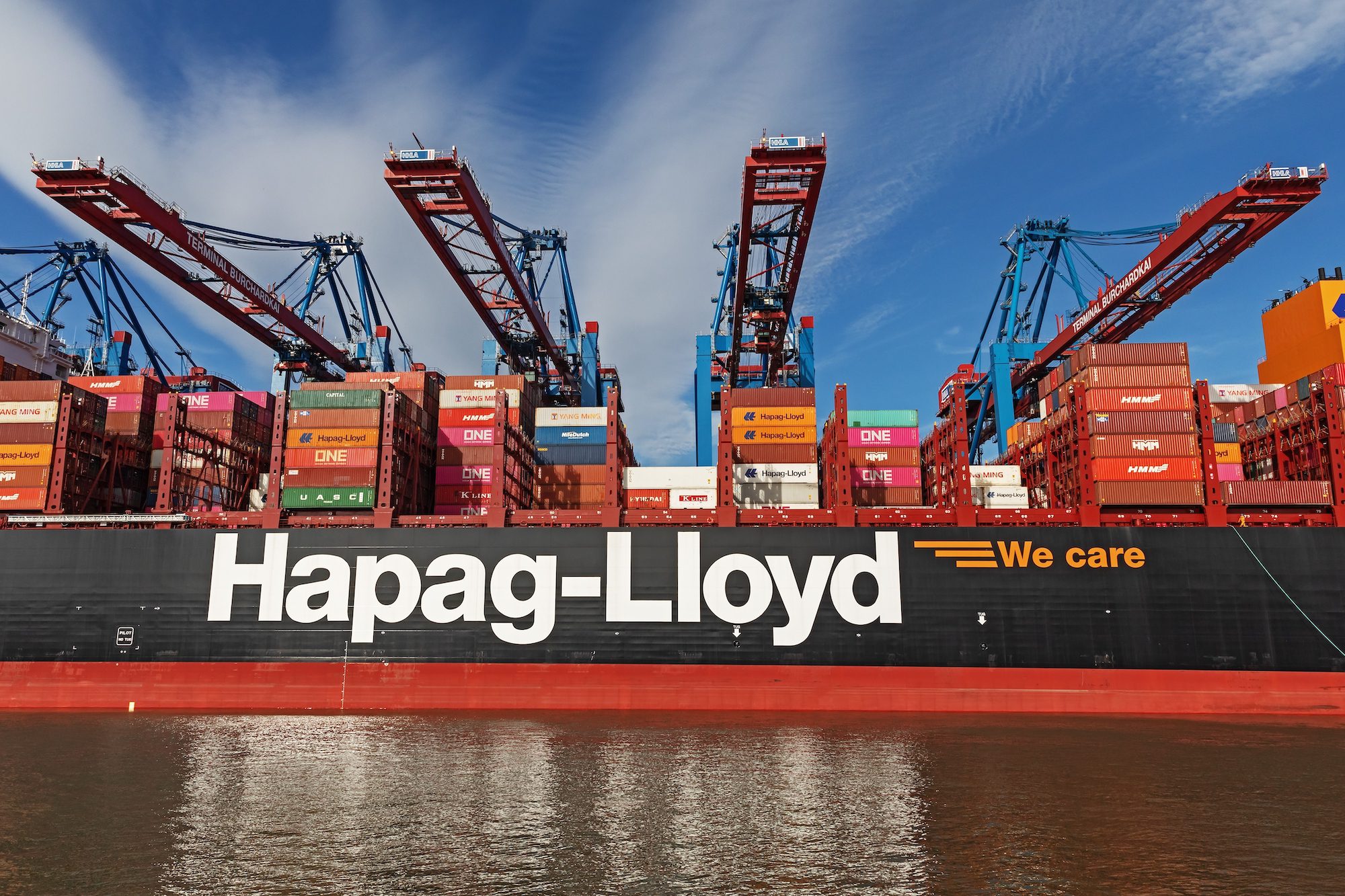A coalition of 47 governments and the shipping industry is proposing a groundbreaking greenhouse gas (GHG) emissions pricing mechanism for international shipping, marking a potentially landmark development for maritime decarbonization.
The proposal, submitted to the International Maritime Organization (IMO), introduces a mandatory GHG contribution system requiring vessels on international voyages to pay based on their CO2e emissions into a newly established “IMO GHG Strategy Implementation Fund.”
The initiative has garnered impressive support from major maritime nations, including Greece, Japan, Korea, and the United Kingdom, alongside the world’s largest flag states such as Bahamas, Liberia, Marshall Islands, and Panama. The coalition also encompasses all EU member states, African nations like Nigeria and Kenya, and various Small Island Developing States.
The proposal has also received strong backing by the shipping industry.
“The joint text put forward by this broad coalition is a pragmatic solution and the most effective way to incentivize a rapid energy transition in shipping to achieve the agreed IMO goal of net zero emissions by or close to 2050,” said International Chamber of Shipping Secretary General Guy Platten.
The mechanism aims to bridge the cost gap between conventional marine fuels and zero/near-zero emission alternatives like green methanol, ammonia, and hydrogen. Generated revenues will not only incentivize the adoption of cleaner fuels but also provide substantial financial support for developing countries’ maritime decarbonization efforts.
While the proposal enjoys broad support, Platten acknowledged that “a minority of governments continue to have concerns,” adding that stakeholders will work to address these issues during final negotiations.
The proposal faces a critical review at the Intersessional Working Group on Reduction of Greenhouse Gas (GHG) Emissions from Ships (ISWG-GHG 18) meeting scheduled for February. If approved at the 83rd session of IMO’s Marine Environment Protection Committee in April, the mechanism could take effect globally in early 2027, with GHG contributions beginning in 2028.
The proposal, part of a basket of proposed “mid-term measures” for GHG reduction, builds upon previous short-term measures, which introduced a goal-based marine fuel standard that will mandate the gradual adoption of less GHG-intensive fuels. These amendments to the MARPOL Convention would effectively enshrine the new measures in international law.

 Join The Club
Join The Club











